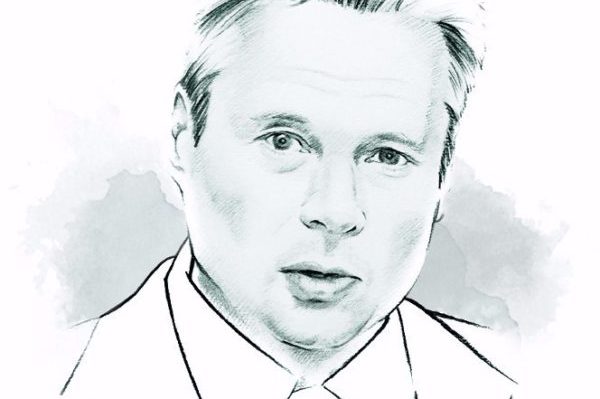Quality is worth more than quantity, finds Michael Canning
The start of the year is a great time to identify how to up our game. For many of us, this means identifying the area to become more skillful, and learning how to do it from reading, or listening and watching experts on our favourite digital platform. But have you ever questioned why some people are great at what they do? Did they read more? Make better development plans? Hear from more experts?
Psychologist K Anders Ericsson has spent a lifetime studying how people cultivate extraordinary abilities across a wide range of disciplines, including sports, medicine, music and business. His key finding is that a specific kind of ‘deliberate practice’ makes the difference.
In his book, Outliers, Malcolm Gladwell said: “10,000 hours is the magic number of greatness.” He pulled this finding from Ericsson. But, as Ericsson points out, it’s not the hours you put in, but the way you practise that matters most.
We often associate practice with repetitive drills. While doing something new many times often stimulates early improvement, repeating a skill or task – even over a long period – doesn’t build expertise. Once you reach a reasonable level of competence, the skill becomes automatic and the brain spends less time on it. This makes us more efficient human beings, but doesn’t cultivate expertise.
Ericsson’s research on how the very best learn and develop their skill demonstrates if there’s something you want to excel at, you have to push past this comfortable, automatic level of competence and challenge yourself through deliberate practice.
Four steps to deliberate practice
1 Pick something you care about
Developing expertise in any skill, from knitting to public speaking, isn’t easy. Many of Ericsson’s research subjects showed initial improvement with practice, but ultimately hit a natural ceiling. It was their determination to improve that got them over the hump to breakthrough performance. So, pick something you truly care about so you stay motivated.
2 Set specific goals and get out of your comfort zone
Goals need to be challenging and specific. Getting better at something isn’t specific enough. Break the larger goal down into skill units, then practise these small, achievable steps. As Ericsson said: “A fundamental truth about any sort of practice: if you never push yourself
beyond your comfort zone, you will never improve.”
3 Feedback is key
Ericsson emphasizes that when it comes to developing skills, breaking out of your comfort zone isn’t always just ‘trying harder’, but is often about ‘working differently’. Learning how to work differently often comes from gaining feedback on your performance.
Self-assessment and feedback is helpful as long as progress can be measured and tracked in some objective manner. But as Ericsson’s studies reveal, a real differentiator is working with someone who has attained a higher level of performance than you: an expert, coach, mentor, etc. This is critical, as they can provide informative feedback and can help design better practice plans.
4 Consistency and persistence
Ericsson noted that practice regimes of top performers across a range of disciplines shared similarities. Their practice included a consistent series of brief but intense, daily or semi-weekly practice sessions. Purposeful practice sessions lasting 20 minutes with full concentration are better than longer sessions performed sporadically or while distracted.
Whether your goal is being a more influential speaker, running better meetings, improving a technical skill, or stimulating more innovation, try the steps above for a better outcome. Mastery is possible – just not the Malcolm Gladwell way.
– Michael Canning is global head of new businesses at Duke Corporate Education

